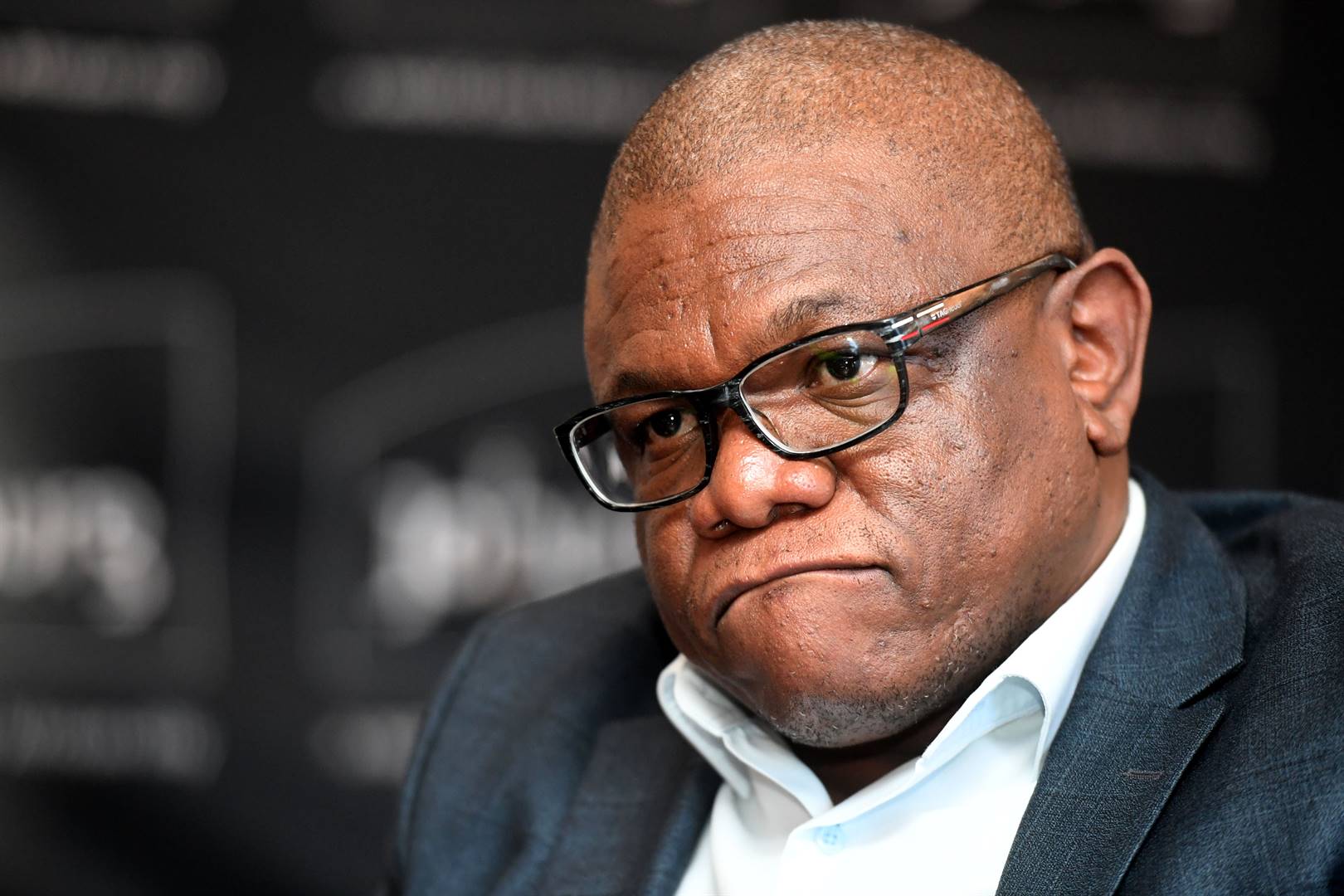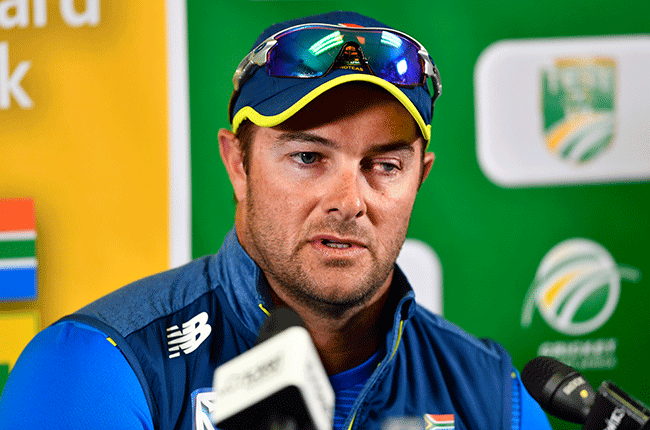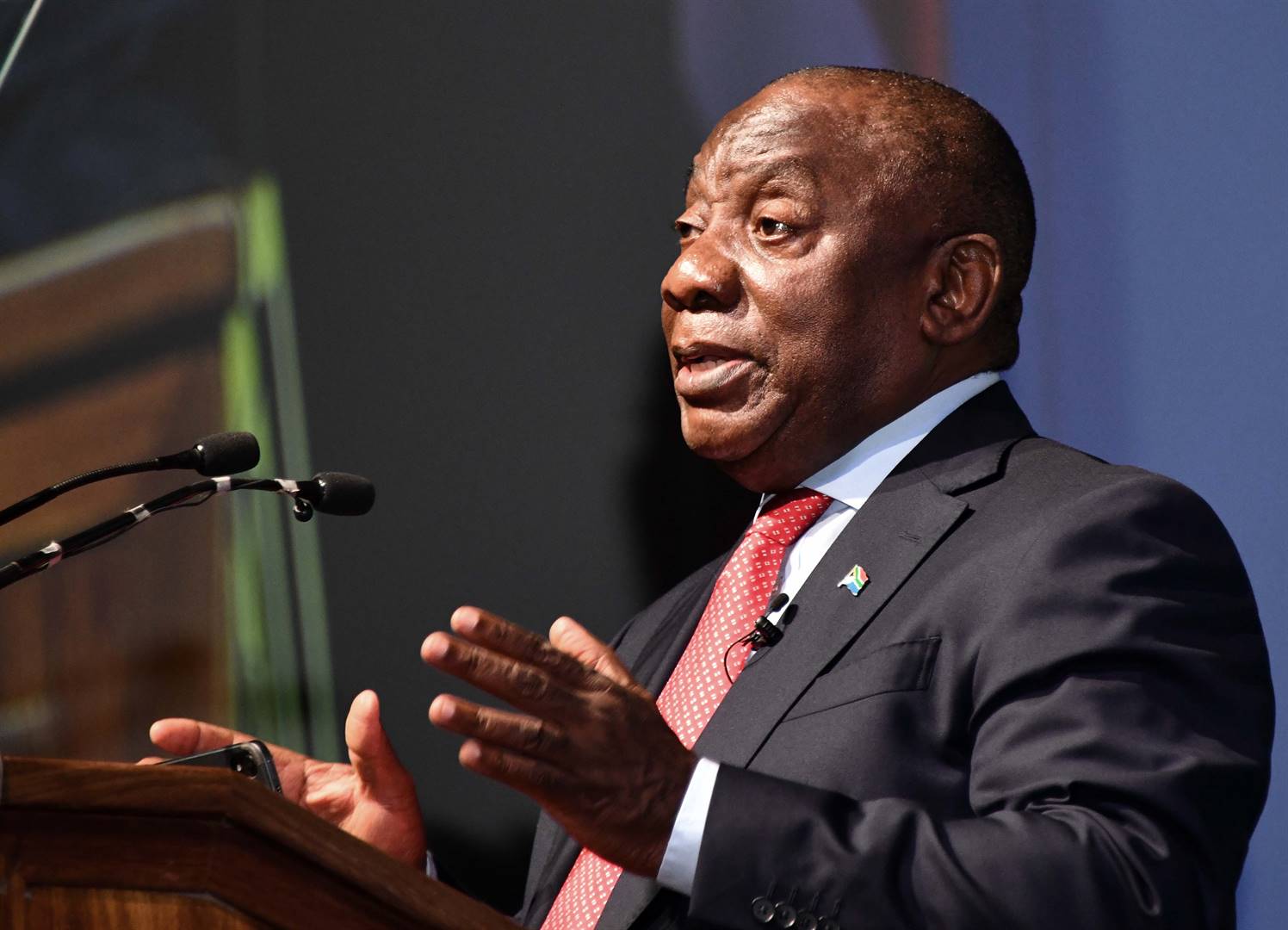- Johannesburg mayor Geoff Makhubo is in legal and reputational hot water about payments his company received from Regiments Capital.
- Molelwane Consulting allegedly received R35.7 million from Regiments, of which at least R7.1 million was on-paid to Makhubo’s personal bank account.
- Makhubo struggled to explain why he received the payments, and why he repeatedly lied when confronted by amaBhungane in 2018.
“I … resigned as a member of Molelwane Consulting and director of all other companies in November 2011.”
That is what Johannesburg mayor Geoff Makhubo told amaBhungane in 2018.
We had just uncovered a secret agreement to pass 10 percent of a City of Johannesburg contract to Makhubo’s company, Molelwane Consulting.
READ MORE | Joburg ANC leader scored millions from city contract
The contract had been awarded to state capture kingpins Regiments Capital in 2006, before Makhubo held a position in the city. But when he was appointed member of the mayoral committee for finance in 2011, it became a conflict of interest for him to oversee the city’s finances and benefit from one of its largest contracts.
Makhubo denied a conflict, saying in one of four written responses at the time: “I … resigned as a member of Molelwane Consulting and director of all other companies in November 2011.”
In another, he said: “I … made a commitment to the Mayor of the day and the ANC when I was appointed to the position member of mayoral committee that I will unwind my interests and resign all my directorships. All this was done in November 2011.”
Except company records show that Makhubo remained a member, holding two-thirds of Molelwane until October last year.
And evidence presented at the Zondo commission into state capture on Friday suggests he did not surrender his financial interests in the opaque consulting firm either.
Evidence leader Matthew Chaskalson told the commission they had identified R35.7 million from Regiments that flowed into Molelwane between 2008, when Makhubo became treasurer of the ANC’s Greater Johannesburg region, and 2016, when the ANC lost political control of the city.
Of that, at least R7.1 million was allegedly transferred to Makhubo’s personal bank account.
Confronted with this evidence, Makhubo was forced to concede that he did not resign from Molelwane in 2011 as he had told amaBhungane in 2018. Instead, he told Deputy Chief Justice Raymond Zondo that he signed a resolution to resign in 2011, but that this was never filed.
In part this was because Molelwane is a closed corporation and resigning as a member would mean giving up his ownership stake too. And with millions still flowing into Molelwane, Makhubo was reluctant to let go.
“I wanted to divest myself … but it was never to be,” Makhubo conceded.
“My understanding … was I would resign but would then start valuing and seeing what stood to Molelwane, a company that I had worked for for eleven years and built from scratch – how do I get back my sweat capital, how do I get whatever is due to me … the issue was I could not leave … because I was building wealth.”
But Makhubo’s vague answers did not sit well with Zondo.
“By 2018, you would have known that the resignation had not happened although there was a resolution, is it not?” he asked.
When Makhubo confirmed that this was correct, Zondo pushed again: “I can understand a situation where you had taken the steps that you believed were necessary in order to effect a resignation, like signing the resolution or signing the letter of resignation… So you think you had resigned.
“But by 2018, I take it that you knew that the resignation had not happened… So the question would arise, how you would say [to amaBhungane] in 2018 you did resign in circumstances where one expects that you know that the resignation resolution was not acted upon. You understand where my concern is?”
In fact, Makhubo had gone even further. In one of his 2018 responses, he wrote that his office “made follow ups and confirmation was received that my resignations have been noted and processed”.
It is also worth pointing out that Makhubo had the opportunity to correct any inaccurate statements he may have made in 2018. AmaBhungane exchanged nine letters with Makhubo over an almost two month period – five sets of questions from us and four written responses from him – before our investigation was published.
But when the commission asked Makhubo whether he misled amaBhungane – and thus the public – in 2018, he refused to concede.
Instead, he told the commission that he “did not believe in the innocence of these questions from amaBhungane… I thought they were loaded with lots of politics”.
The problem for Makhubo is that, instead of ignoring our questions, he provided false assertions that could now hurt him.
For instance, by claiming that he resigned “to deal with real or potential conflict of interest”, he showed an appreciation for the fact that remaining a member of Molelwane – as he did – was a conflict of interest.
The city has previously confirmed that Makhubo declared his interest in Molelwane. But as far as we are aware, he did not disclose Molelwane’s 10% cut of Regiments’ contract and failed to recuse himself when decisions were taken that would benefit Regiments. As political head of the finance department, Makhubo was directly responsible for overseeing Regiments’ contract with the city.
Molelwane will once again be important when Makhubo returns to the commission to testify about payments that he allegedly solicited from IT company EOH – payments that either went directly to him, to Molelwane or to fund the ANC.
Taken together, the evidence presented so far strongly suggests that Makhubo engaged in a quid pro quo with both Regiments and EOH, and that both companies paid him to wield his political influence in their favour, whether that was to secure contracts with the city or to keep them sweet.
As former Business Day editor Songezo Zibi tweeted over the weekend: “Geoff Makhubo may be in serious trouble. Of the 15yrs type.”










